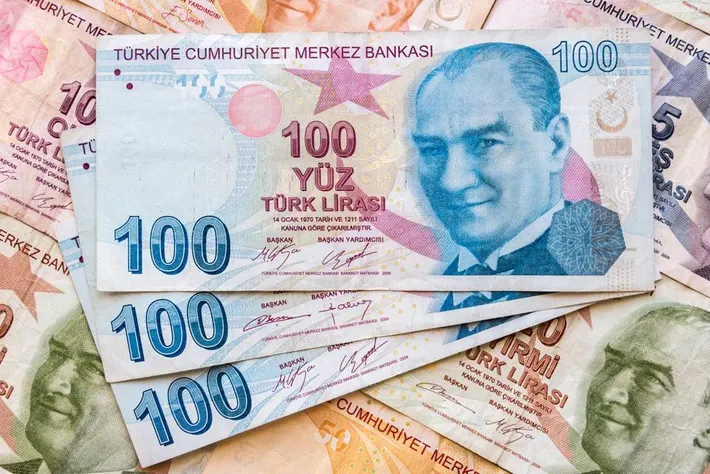Turkey’s economy, valued at $1.1 trillion, experienced significantly faster growth than predicted, managing to evade contraction over two quarters despite the central bank implementing the majority of its substantial interest rate hikes, Bloomberg reported on Thursday.
According to data released on Thursday, the gross domestic product saw 1 per cent growth in the fourth quarter compared to the previous three months in seasonally and working-day adjusted terms. It’s considered a minor improvement over the third quarter’s 0.3 per cent GDP growth.
In a Bloomberg survey of economists, the median prediction was 0.3 per cent; however, the fourth quarter saw a rise driven by household spending and investment that exceeded every forecast except one. Moreover, after growing by 5.5 per cent in 2022, the economy saw a decline to 4.5 per cent in a full year.
“We continue to see a consumption-oriented growth albeit at a slower pace, evident from the momentum loss in imports and the net export contribution to GDP getting closer to zero,” Okan Ertem, senior economist at Turk Ekonomi Bankasi AS.
Since June, the monetary policy has shifted towards tighter guidelines to curb consumption, which contributes more than half of the GDP. The intention is to manipulate inflation, which has risen due to an era of cheap money, to slow down.
However, the economy performed much better than anticipated even on an annual basis last quarter, with GDP increasing by 4 per cent over the previous year. Although slower than the upwardly revised gain of 6.1 per cent in the third quarter, that was still more than the 3.5 per cent median estimate in another Bloomberg poll.
“We are moving toward better quality growth with investment and exports that we strongly support,” Treasury and Finance Minister Mehmet Simsek said in a statement. “In 2024, we expect moderate and balanced growth, with net external demand making a positive contribution.”
Notably, a less optimistic perspective doesn’t imply that the central bank won’t contemplate additional rate hikes, despite having already implemented a cumulative increase of 36.5 percentage points through January.
Newly appointed Governor Fatih Karahan has already suggested that further tightening might be necessary if domestic demand surges following wage hikes in Turkey.
Moreover, as the economy begins to decelerate, the steadfastness of consumer spending could pose a challenge for Karahan as he aims to reduce inflation to 36 per cent by the year’s end, which is approximately half of the anticipated peak level expected in the coming months.
A decline in industrial production over the last three months of the previous year contrasts with a modest increase in retail sales. This uptick is partially attributed to a recent surge in credit card spending, as consumers accelerated their purchases in anticipation of higher wages ahead of local elections in March.
In a report released this month, economists at Turkiye Garanti Bankasi A.S. stated that their big data indicators “signal that consumption is not decelerating much further since November.” “There are risks to both inflation and the current account deficit as domestic demand continues to outpace supply.”
